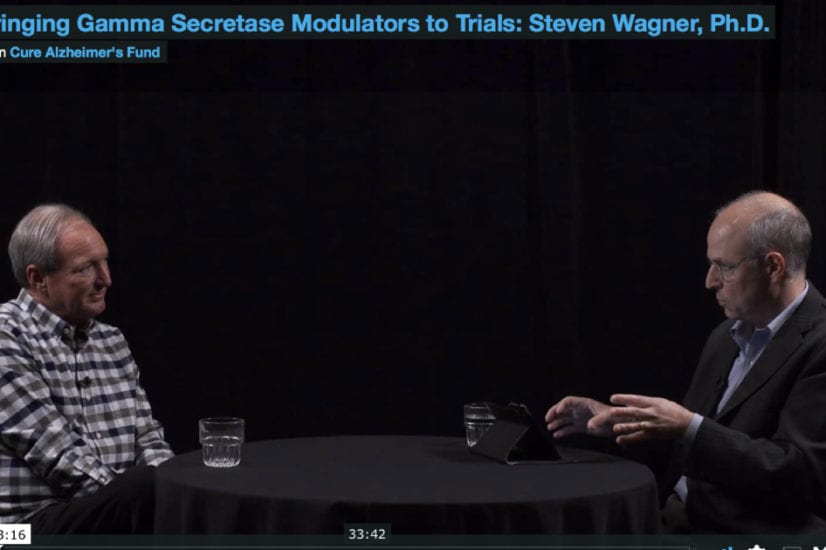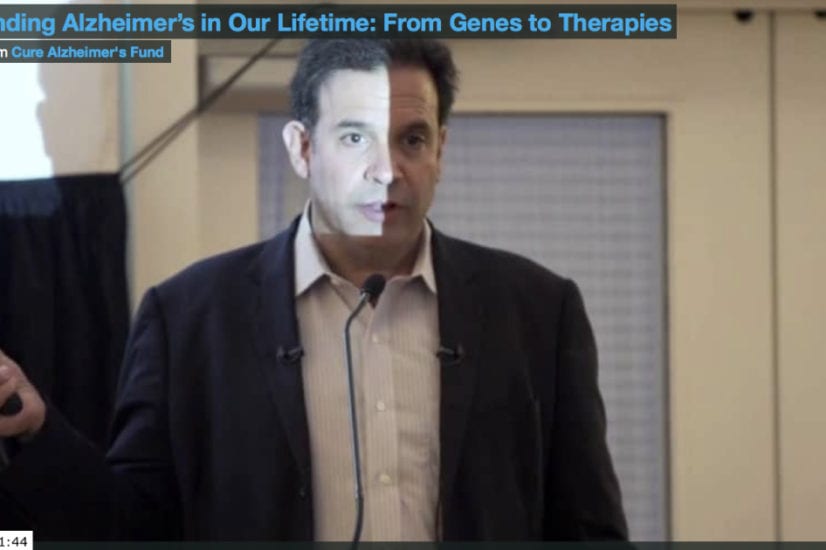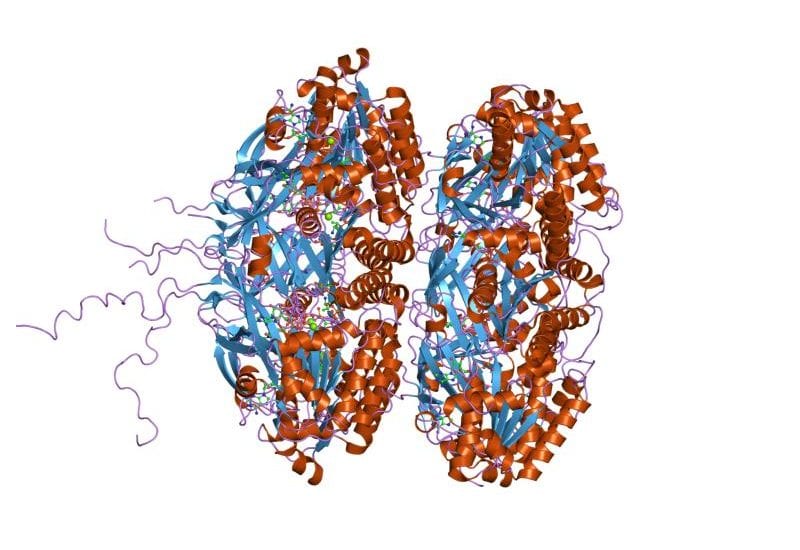On Friday, August 24, Eli Lilly announced that their beta-amyloid immunotherapy (solanezumab) failed to meet its primary clinical endpoints for Alzheimer’s disease. This disappointment follows the recent failure of another promising beta-amyloid immunotherapy, bapineuzumab from Pfizer/Johnson and Johnson-Jannsen/Elan. Both drugs failed in Phase 3 clinical trials, where they were being tested for their actual effect on Alzheimer’s patients.
However, all may not be lost. While the primary trial results were negative, a secondary analysis showed significantly slowed cognitive decline in the early stages of Alzheimer’s for patients taking solanezumab. (Note: No improvements were seen with patients further along with the disease. Also, while the treatment improved cognition in early-stage Alzheimer’s patients in one trial, it failed to do so in a second, parallel, trial. Each trial included roughly 1,000 patients treated with either solanezumab or placebo for 18 months).
Based on a pooled data from two parallel solanezumab trials, researchers at Lilly are cautiously optimistic. They plan to soon discuss the data with the FDA. Meanwhile, they will continue an “open-label” study of solanezumab in 1,275 patients who know that they are on the drug.
We will know much more regarding the fate of solanezumab in early October, when Lilly presents all of their clinical trial data at the American Neurological Association meeting in Boston. In addition to its effects on cognition, they will report whether solanezumab shows improvement in cerebrospinal fluid biomarkers and brain imaging assessments that measure the effects of Alzheimer’s pathology. If the improvement in cognition in the early-stage cases is significant — and is accompanied by correlating decreases in brain beta-amyloid levels and cerebrospinal fluid biomarkers — solanezumab could still be viable as a treatment and possible preventative for Alzheimer’s.
The devil will be in the details. We will know more soon.







